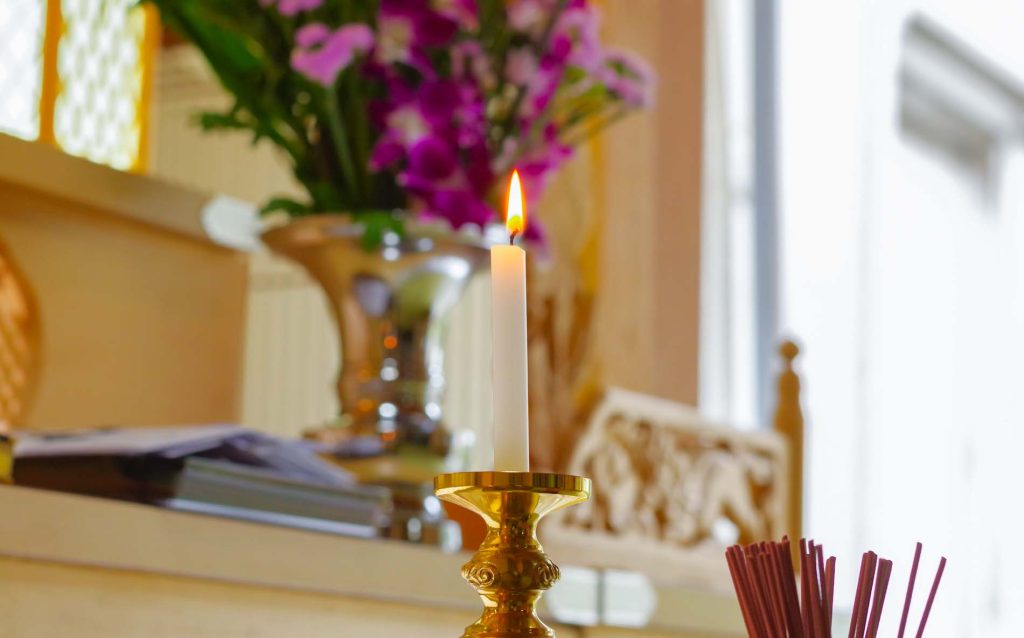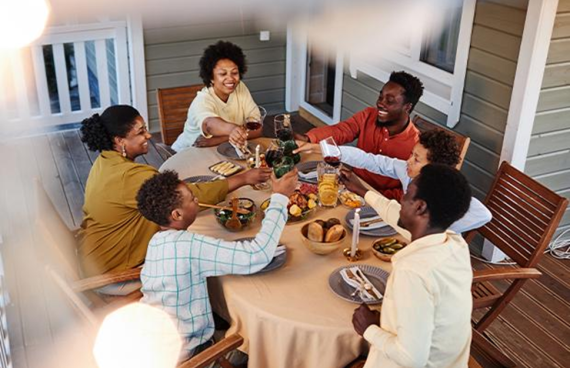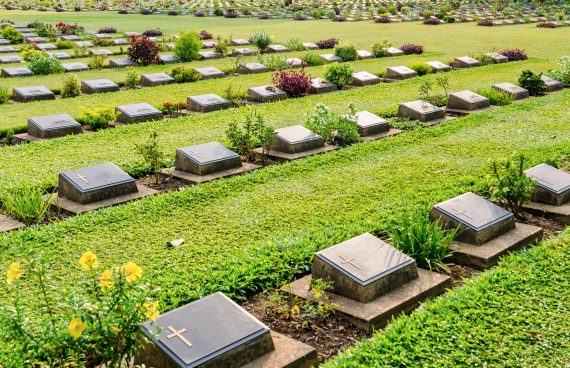How to plan your own funeral

One of the most effective ways to manage funeral expenses is by prepaying for some or all of the services. By doing so, you lock in today’s prices and avoid the impact of inflation over time. This thoughtful gesture not only eases the financial burden on your loved ones but also eliminates the guesswork of what you would have wanted.
How to plan your own funeral: A step-by-step guide
- Discuss your wishes with family and friends: Planning your own funeral is challenging, especially when considering the feelings of your loved ones. It’s crucial to have open conversations with your spouse, family members, or close friends about your preferences.
- Choose a funeral home and cemetery: Many choose a cemetery or funeral home based on sentimental value or convenience. If you’re unsure, meet with several providers to find the right fit for your needs. Our location finder can help you get started with finding a location best suited for you.
- Decide on burial or cremation: While traditional burials are common, cremation is increasingly popular. Choosing the right burial type is a key decision in planning your funeral.
- Select burial products: Your choice of burial or cremation will guide the selection of products like caskets, urns, or memorial markers. For example, a traditional burial requires a casket and a grave marker, while cremation may involve selecting an urn. Discuss these details with an expert to make informed decisions.
- Plan your ceremony: Your ceremony can be religious, secular, or entirely unique. Consider what reflects your values and beliefs, and consult with a funeral director to explore your options.
- Organize your documents: Keep all relevant documents, including funeral plans, legal papers, genealogical records, and personal mementos, in an easily accessible place. These will be invaluable to your loved ones when managing your final arrangements.
- Future proof your plans: Ensure your funeral plans have room for flexibility. Life is unpredictable, and leaving some leeway will help your loved ones navigate any unforeseen challenges.
Additional considerations for your funeral planning
- Do you prefer a gravesite or a mausoleum?
- What type of casket or urn would you like?
- What should be inscribed on your memorial marker?
- Do you want a religious service, and if so, what kind?
- What music, readings, or eulogies would you like included?
- Would you like a graveside service or a luncheon afterward?
Cost considerations for funeral planning
After deciding on the details of your funeral, it’s time to consider the costs. There are many different funeral options and services to choose from. Your funeral director can help walk you through all of the options and costs associated with each. c
Once you have an estimate, start financial planning. You can pre-purchase a burial plot or set up a pre-need contract with a funeral home. Prepaying your expenses—possibly through an installment plan—can save your loved ones from financial strain and protect against inflation.
Communicating your funeral wishes
Finally, it’s essential to ensure your loved ones are aware of your funeral plans. Avoid storing your plan in a safe deposit box, as it may take time for your family to access it. Instead, keep your plan with a trusted third party, such as a funeral director or a planning specialist.








 Use current location
Use current location









